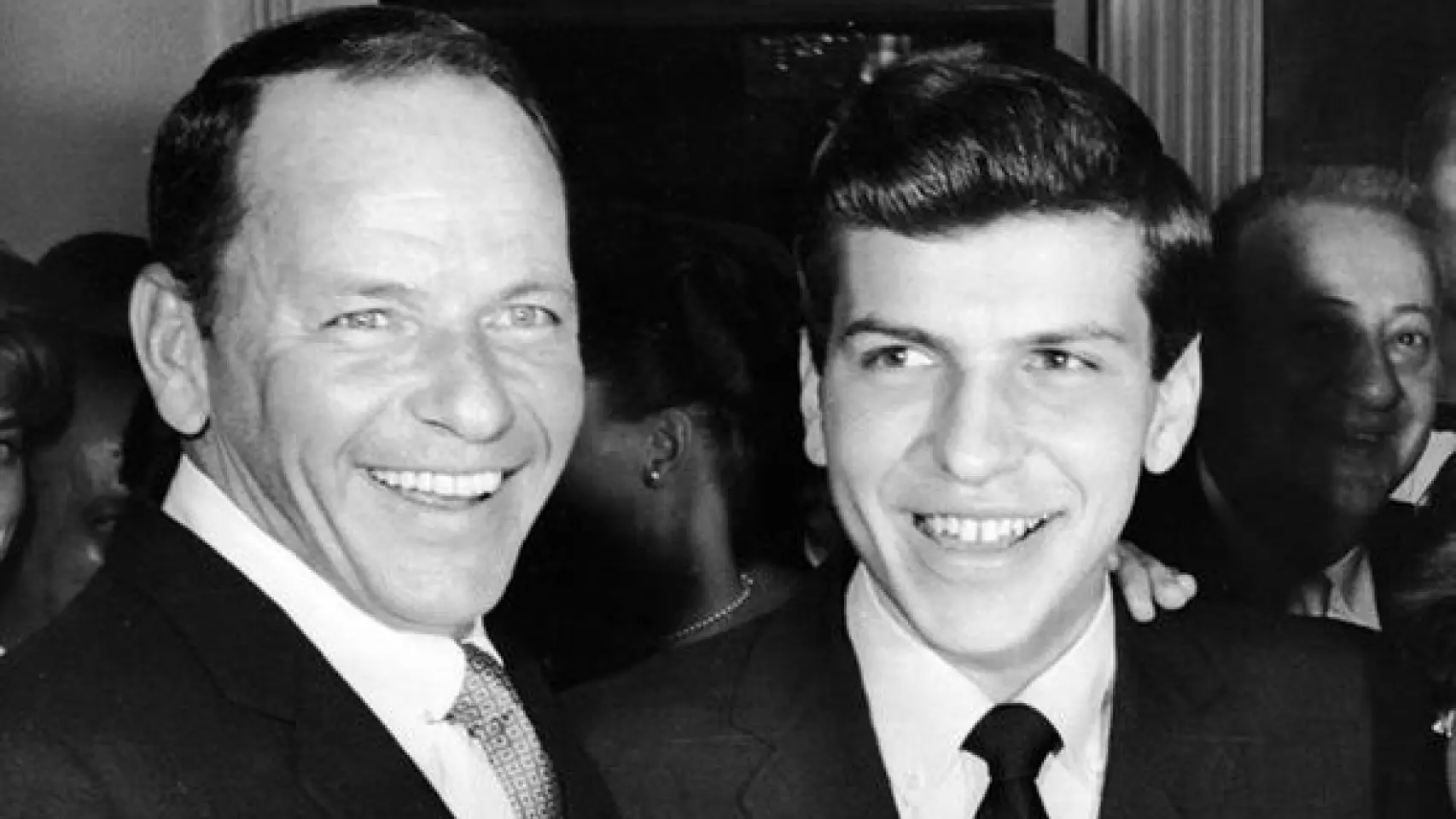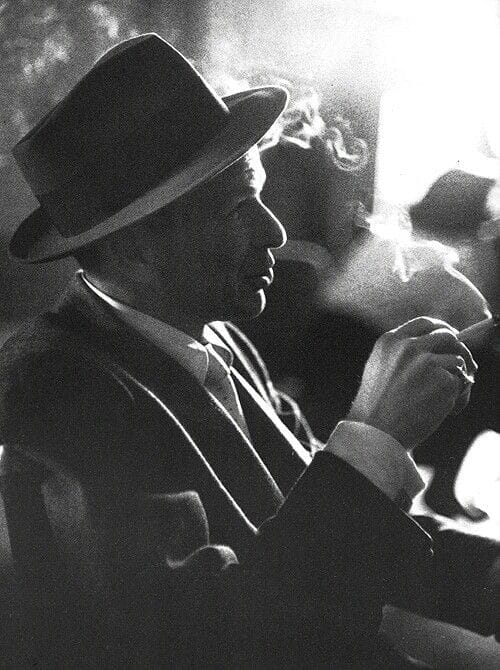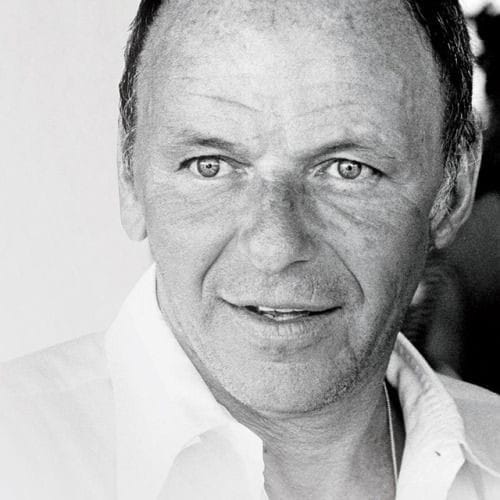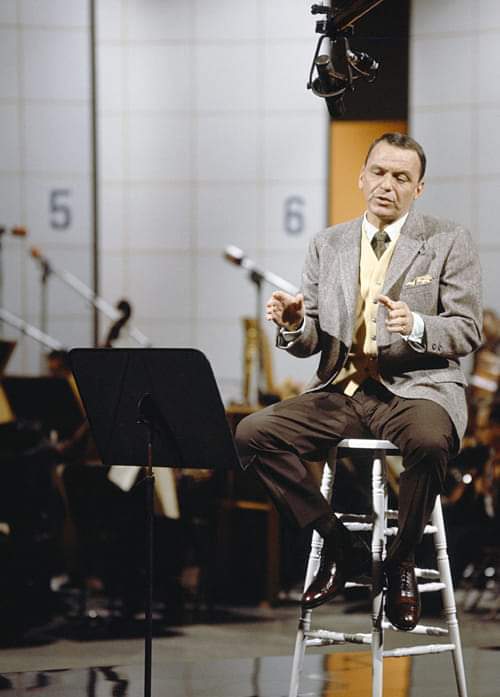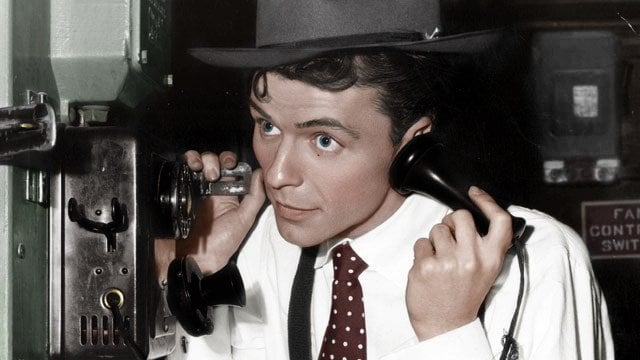Little Boy Blue: Frank Sinatra Junior
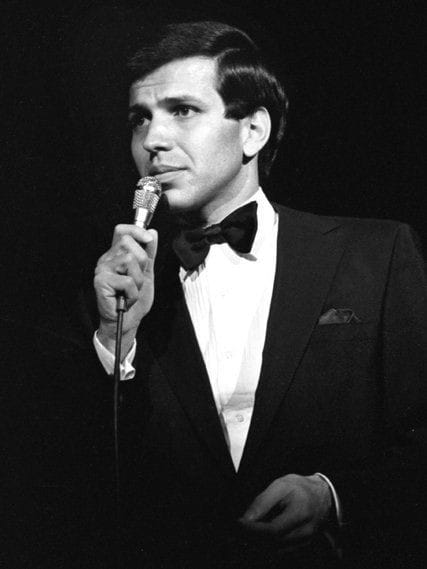
The love that Frank Sinatra Junior felt for music was genetic, but while his father approached art in an organic and instinctive way, Junior did so with a more intellectual and technical perspective. Although he lacked the charisma and the indecipherable charm, Junior was a more complete musician than his father, and undoubtedly his fate would have been very different with another blood running through his veins. To make matters worse, their tone and style were similar, which condemned him to a permanent comparison in which he could never win.
Concert tours were responsible for little Franklin barely seeing his father while he grew up dreaming of being a songwriter and lyricist. And touring was his main way of life from the age of 19. He sang with orchestras, he approached shadows as useful as that of Duke Ellington, to learn the business, and he developed a perfectionism that surpassed that of his father, which is not saying something.
He was on tour when in 1963 he suffered a kidnapping that was covered in the media around the world. His moment of greatest popularity did not come from his fervent effort or his clear talent, and to make matters worse, it was even suggested that it was a maneuver by his father to help him advance in his career. He was also on tour when he died in 2016, at the age of seventy-two, with more than half a century of experience behind him.
The relationship between father and son was very complex. Frank had a clear predilection for his daughters Tina and Nancy and was never particularly affectionate with Junior.
There were never tender words between them, and at most there was a formal, cold and hierarchical affection, as had happened between Frank and his father, Martin. However, the kidnapping left Frank’s love for his son exposed to public opinion.
Frank Jr. watched his father rise and fall and his sister Nancy become a star while his own career languished. He released some albums with his signature that did not achieve any impact, and made small collaborations and musical cameos in other people’s albums, television series and films.
In 1988, after a quarter of a century of discreet career as a singer and actor, Junior began to serve as his father’s musical director. It was perfect for this work; Almost all of the men The Voice had trusted to lead the orchestra had died. Furthermore, Old Blue Eyes was beginning to lose his faculties and needed the support of someone who knew his music perfectly and was able to interpret every gesture or movement on stage. Without Junior’s professional and emotional support, it is likely that Frank would have stopped performing in the late 1980s. However, Frank often made hurtful comments about his son when introducing him to audiences, and Junior was not by his side. father in recent years, when he had already retired and struggled with illness and homesickness.
Those who knew Junior closely agree on his perfectionism when it comes to work and his affable, but reserved and solitary character, probably a consequence of deep, unhealed emotional wounds.
If you want to visit more articles about the life of Frank Sinatra enter the following Sinatra Radio 24h link: https://sinatraradio24h.com/category/articles/
We remind you that you can also listen to Sinatra Radio 24 hours on your mobile phone by downloading our free applications for Android in the Play Store https://play.google.com/store/apps/details?id=sinatra.radio24h for iPhone in the Apple Store https://apps.apple.com/app/sinatra-radio-24h/id6599859344

